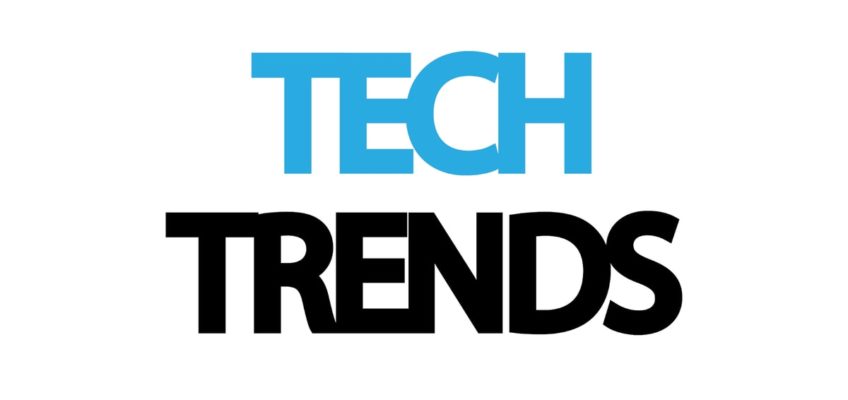In spite of Brexit fears, over £180M has been invested in Technology start-ups during the first half of 2018.
According to a recent study by London & Partners, total venture capital investment in UK tech companies since 2016 has now surpassed £5 billion. Over $2B of VC funding was invested into the UK in Q2 of this year, more than a third of the $5.6B invested across Europe as a whole – a report from KPMG’s Venture Pulse shows.
Over $2B of VC funding was invested into the UK in Q2 of this year Share on XLondon attracted the bulk of this UK capital, with £180M invested in London-based startups. Out of 39 UK businesses receiving Series A investment in the first half of 2018, 30 were London-based. The average Series A deal size was £6M.
Rajesh Agrawal, Deputy Mayor of London for Business, says this represents solid evidence that London continues to be the tech capital of Europe:
“London is best place to start and grow a technology business, and we must continue to do all we can to attract investment and talent to our city.”
Yet this isn’t all about London, as of the 10 biggest UK investments in 2017, three (totaling over $138M) were from places such as Cambridge, Nottinghamshire, and Durham.
With Brexit dominating the agenda for over two years now, it is possible to lose track of the fact it hasn’t actually happened yet Share on XThe Tech Nation’s 2018 Report, which surveyed 3,428 people in digital tech, divided between 30 clusters from Truro & Redruth (SW England) to Dundee in Scotland generally revealed that tech communities across the UK report feeling optimistic about growth prospects in their regions.
One of the largest investments reported in that group is in the immersive tech space, for Blue Vision Labs, a cloud-based computer vision technology that allows multiple users to share in the same AR experiences (previously only possible for a single person through their individual smartphone).
Of the 10 biggest UK investments in 2017, three (totaling over $138M) were from places such as Cambridge, Nottinghamshire, and Durham Share on XFat Llama is one of the companies highlighted in the Tech Nation report, having raised $10m earlier this year. It’s an online marketplace where people can borrow and lend fully insured items in their local area. Borrowers on the platform are collectively saving up to £8M per month in non-purchases, whilst some lenders are earning up to £7,000 per month. The company’s Co-Founder and COO Rosie Dallas, also stresses that talent is one of the key reasons why London still retains that key competitive edge:
“For the entrepreneur, there’s very little to divide London and Silicon Valley, especially when it comes to talent. Our own experience of hiring has shown that London is the number one city in Europe for top talent to build a career in tech. Silicon Valley poses the sort of hiring competition which can slow growth and hurt you.”
Other companies featured in the report included Hoop, an app that allows users to browse and book kids activities in their local area secured $5.36m and Airportr ($7.45m), which lets users check their baggage in for a flight before they leave home, collecting luggage at an agreed pick up point and delivering it straight to the airport so that the airline can direct it to the right flight.
Total venture capital investment in UK tech companies since 2016 has now surpassed £5 billion Share on XAlthough essentially more optimistic in tone, the report from Tech Nation does chime with the starker warning note of a recent open letter signed by 80 tech industry leaders saying that Brexit is likely to impact their ability to recruit and retain skilled individuals to work in the sector.
For the entrepreneur, there’s very little to divide London and Silicon Valley, especially when it comes to talent Share on XWith Brexit having dominated the business and political agenda for over two years now, it is possible to lose track of the fact it hasn’t actually happened yet. It really does remain to be seen whether – and how – exactly it will impact various industries which are dependent on European trade and rely on the free movement of people to meet their recruitment needs. As one of the main driving engines of the UK economy, the technology sector will be a crucial test case for how we handle those issues in the months and years ahead.
This article was originally published on Forbes
London Tech Sector Continuing to Attract Investmenthttps://t.co/U7xe7CWzjq
— Forbes Tech (@ForbesTech) July 16, 2018
For companies looking to get into Immersive technologies such as VR/AR/MR/XR our Virtual Reality Consultancy services offer guidance and support on how best to incorporate these into your brand strategy.
Alice Bonasio is a VR and Digital Transformation Consultant and Tech Trends’ Editor in Chief. She also regularly writes for Fast Company, Ars Technica, Quartz, Wired and others. Connect with her on LinkedIn and follow @alicebonasio on Twitter.









